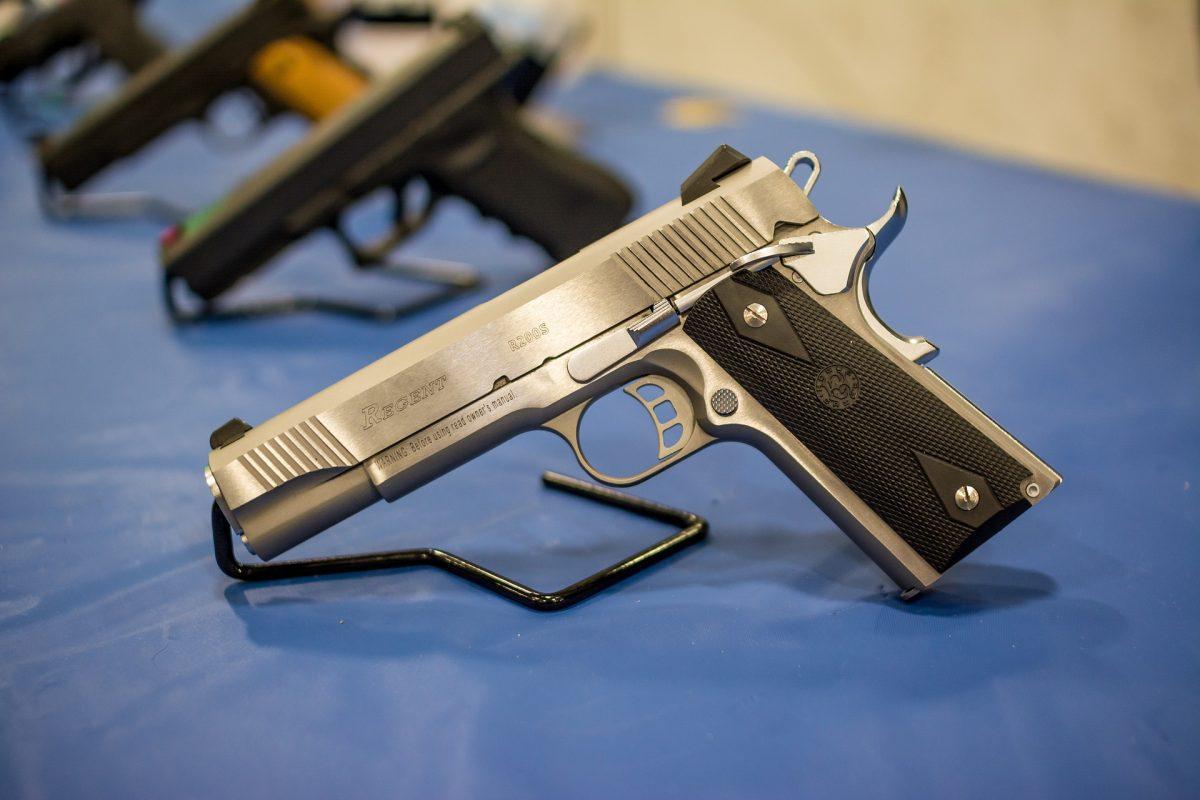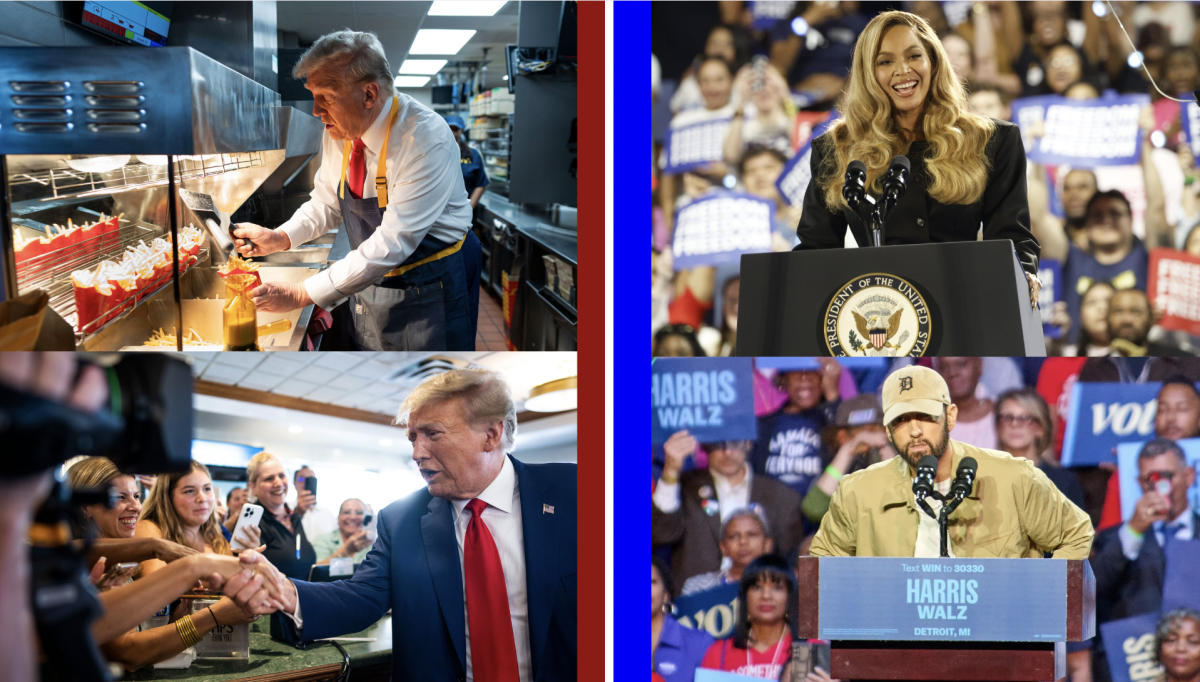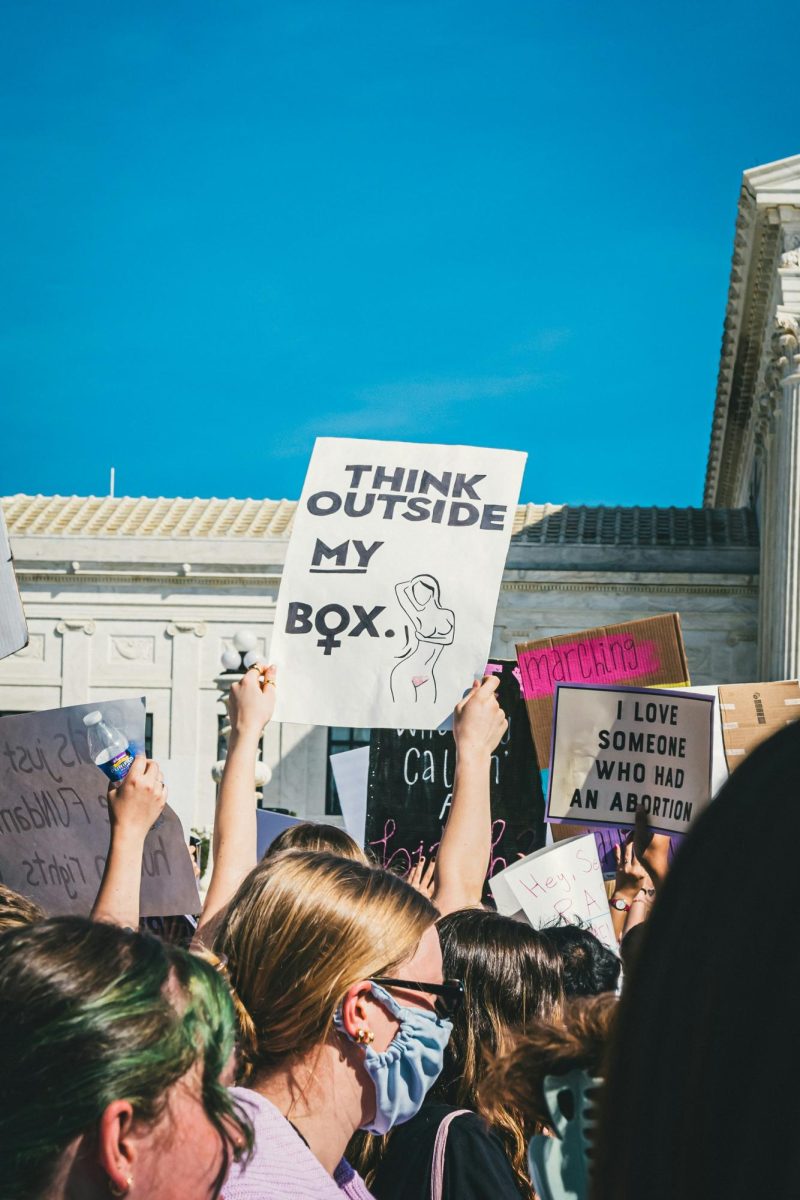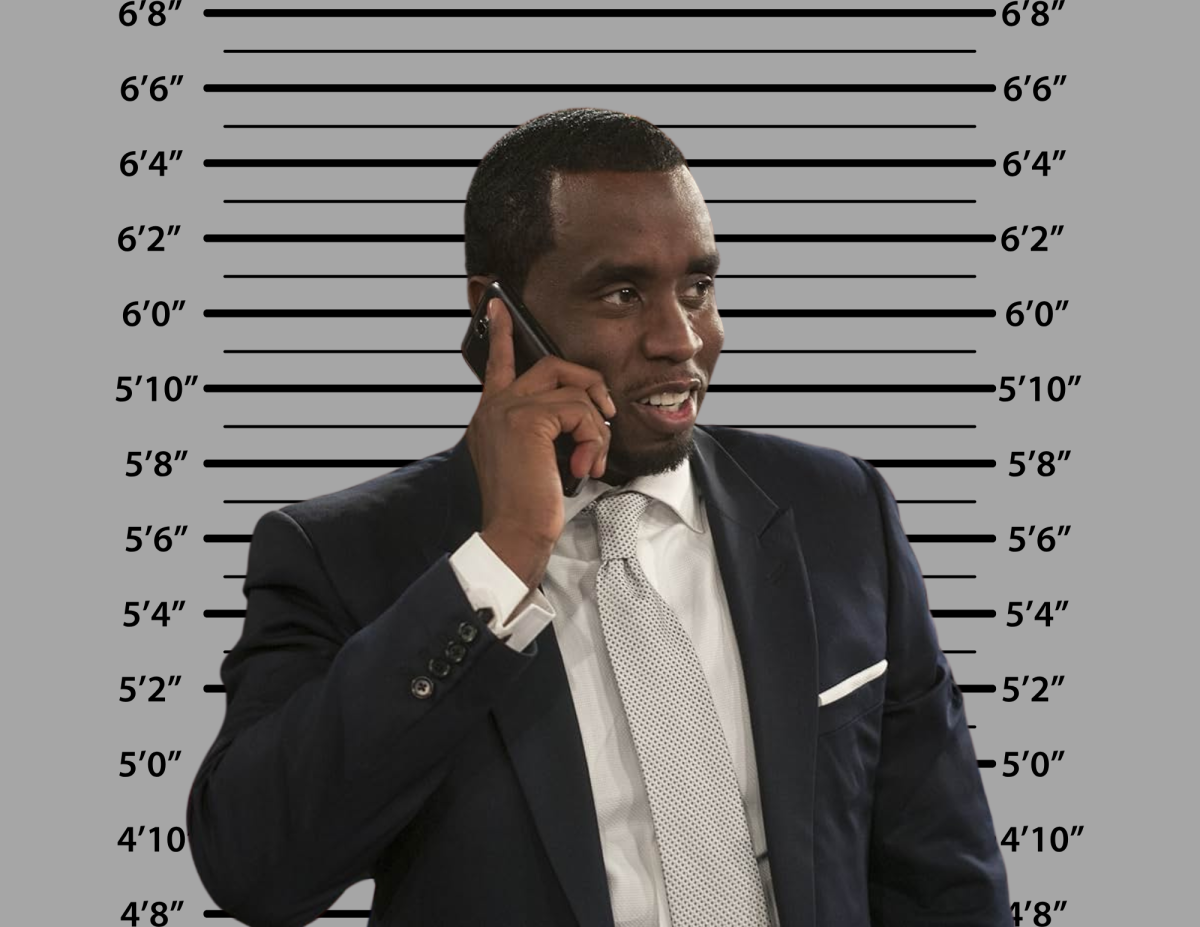By Leo Cabral
It is no surprise that America would consider gun shops essential businesses. Who loves guns more than good ol’ America?
State and local governments have laid out recommended regulations during the shelter in place order levied in mid March and, quite frankly, firearms do not quite fit the level of necessity as these other essential businesses.
While many may agree that personal protection from outside threats is important, firearms and ammunition stores simply are not necessary during a global public health crisis.
Yet, firearms and ammunition sales have surged despite COVID-19 safety orders. The FBI’s National Instant Criminal Background Check System (NICS) reported a record number of 210,308 background checks on March 20 and 1,197,788 background checks for the week of March 16 to March 22. However, this is not an accurate representation of the number of firearms that have been sold, only the number of background checks performed.
Many first time buyers have been flocking to purchase firearms throughout the country since the government started implementing restrictions on gatherings and travel.
Leaving the house to run an errand or go to work puts many at risk to the virus. First time firearm buyers have more than COVID-19 to consider when they rush to the local gun store.
The National Rifle Association and other gun rights activist groups have sued governors and sheriffs throughout the country for closing gun retailers for apparently infringing on Americans’ Second Amendment right to bear arms.
Officials shutting down firearm businesses temporarily is not to infringe on anyone’s civil rights. It is to slow the spread of COVID-19. Public health is much more important than guns for the time being. It is up to the public officials not to bend to the will of gun activist groups and close down firearm stores temporarily until it is safe. This is an important matter of public health.
As a matter of fact, although President Donald Trump declared firearm stores essential businesses, Christopher C. Krebs, director of Cybersecurity and Infrastructure Security Agency (CISA), stated in a memorandum that the list of essential businesses and workforce is “advisory in nature.”
“It is not, nor should it be considered, a federal directive or standard. Additionally, this advisory list is not intended to be the exclusive list of critical infrastructure sectors, workers, and functions that should continue during the COVID-19 response across all jurisdictions. Individual jurisdictions should add or subtract essential workforce categories based on their own requirements and discretion,” the memorandum states.
What the NRA is advocating for is counterproductive to the purpose of the quarantine. It is forcing officials to go against their better judgment. It must understand that the closures are only temporary and meant to protect everyone in the long run. Advocating to keep these businesses running is putting people at risk.
In times of crisis, anxiety builds and people tend to feel unsure of the chaos that others are capable of, so they buy a gun to instill some sense of security. It is a move made in preparation for what may come.
However, a rash decision hastily made under panic-inducing conditions may not be the best move. It is a decision that can lead to much more harm than good.
There are many factors one must weigh when buying firearms. People must consider putting the time into learning how to properly operate their weapon and practice gun safety.
According to research from the National Center for Biotechnology Information, there is little evidence that shows that using a gun in self defense will reduce the likelihood of injury or property loss. Of over 14,000 incidents that involved a victim, 4.2% were injured and 4.1% were injured after using a firearm in self defense.
Although it is fortunate that shooting ranges are also deemed essential so first timers can practice proper gun handling, they simply add to the amount of places people can be exposed to the virus.
Additionally, firearms and ammunition must be properly stored in a safe place where children cannot easily access them. Parents and guardians must have serious conversations with their children about gun safety if they plan on introducing a weapon into the home, especially now that they are home all the time.
“Approximately 7% of US children (4.6 million) live in homes in which at least one firearm is stored loaded and unlocked, an estimate that is more than twice as high as estimates reported in 2002,” states findings in a 2015 Journal of Urban Health survey.
The same survey sourced the Centers for Disease Control and Prevention reported that 1,468 children in the US under 18 died from a fatal gunshot wound and nearly 7,000 children received non fatal injuries from a gunshot in 2015.
On top of gun safety practices, one must consider the mental health of everyone in the household. A record number of 10 million Americans filed for unemployment benefits in March. Many are experiencing anxiety and stress due to the threat of the virus, layoffs from work and orders to remain indoors and isolate.
It is a recipe for mental illness.
The Los Angeles Times reported that one in five calls received at the Didi Hirsch Suicide Prevention Center in Century City expressed “suicidal desire.” The center received 1,800 calls in March, compared to 20 they received in February, and they expect numbers to increase in the near future.
With a national decline in mental health due to the coronavirus, surely it is not safe to add a firearm to the household.
Another important thing to take into consideration is domestic violence. People are spending more time at home, which means that victims of domestic violence are likely spending more time in isolation with their abusers.
There has already been an increase in domestic violence worldwide, according to The Guardian. Lella Palladino, a member of activist group EVA Cooperativa in Italy, told The Guardian that she expects to see an “explosive increase” in reports once restrictions ease.
With more guns in the average American household, more gun violence is to be expected during and after the pandemic.
Officials must temporarily shut down firearms and ammunition businesses in order to prevent deaths from both COVID-19 and gun violence.





